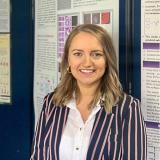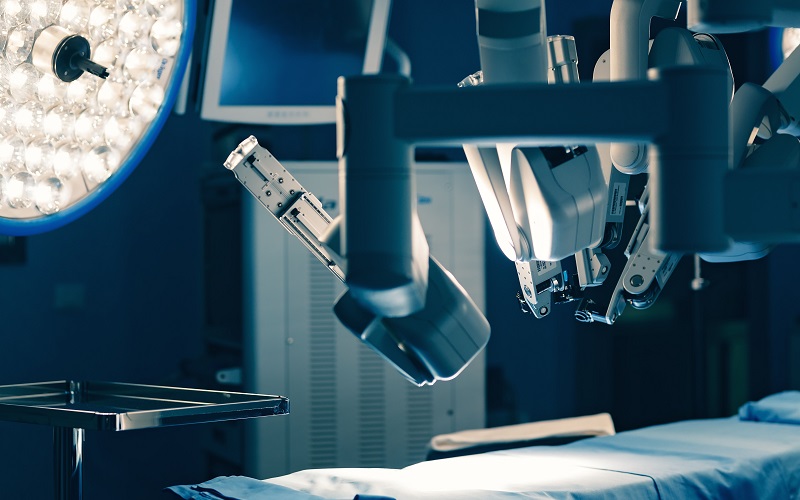Division of Surgery and Interventional Science MPhil/PhD
London, Bloomsbury
Study mode
UK tuition fees (2024/25)
£6,035
£3,015
Overseas tuition fees (2024/25)
£34,400
£17,200
Duration
3 calendar years
5 calendar years
Programme starts
Research degrees may start at any time of the year, but typically start in September.Applications accepted
Applications are accepted on a rolling basis.UCL is regulated by the Office for Students.



